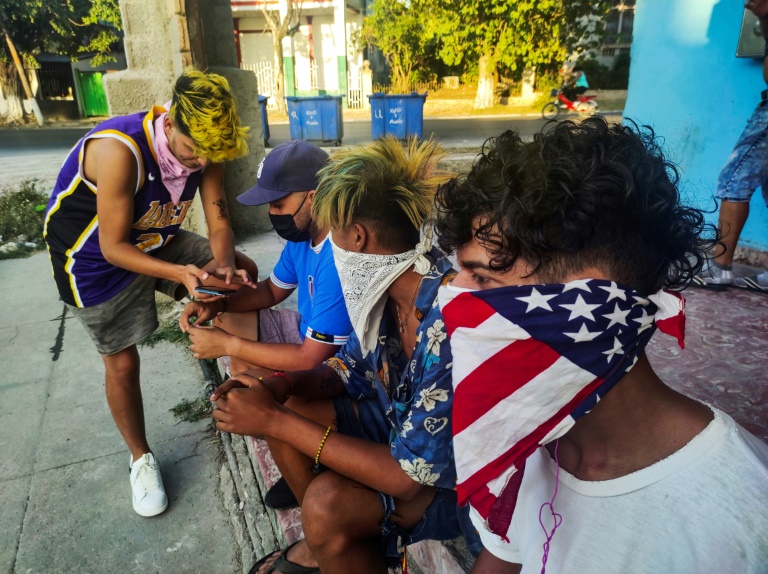The UN General Assembly condemned the nearly 60-year-old US embargo on Cuba for the 29th year in a row Wednesday, calling for it to end by a vote of 184 to two.
Only Israel voted with the US against the resolution. Three other US allies: Ukraine, Colombia and Brazil abstained.
Brazil had voted with the United States in 2019. The UN initially showed that the United Arab Emirates had abstained but later clarified it had voted for the resolution.
The vote was canceled last year due to coronavirus for the first time since 1992.
First imposed on October 19, 1960 in response to Havana’s nationalization of US-owned oil refineries, and extended in 1962, the embargo is an enduring legacy of the Cold War hostilities between the two countries.
“Like the virus, the blockade suffocates and kills and must end. Homeland or death! We will win,” Cuban Foreign Minister Bruno Rodriguez Padilla told the General Assembly.
In 2016, the US abstained for the first time in the annual UN vote amid a historic rapprochement with Cuba under former president Barack Obama.
But diplomatic relations between the two countries soured with Donald Trump’s arrival in the White House January 2017 and have yet to change under President Joe Biden.
“Cubans, as all people, deserve the right to freedom of expression, assembly, culture,” said Rodney Hunter, political coordinator at the US Mission to the UN.
“We encourage this body to support the Cuban people in their quest to determinate their own future,” he told the Assembly.
The embargo has not succeeded in overthrowing Cuba’s communist regime.
Only a vote in Congress can end the embargo, which Havana says has caused billions of dollars in damage to the island’s economy.










